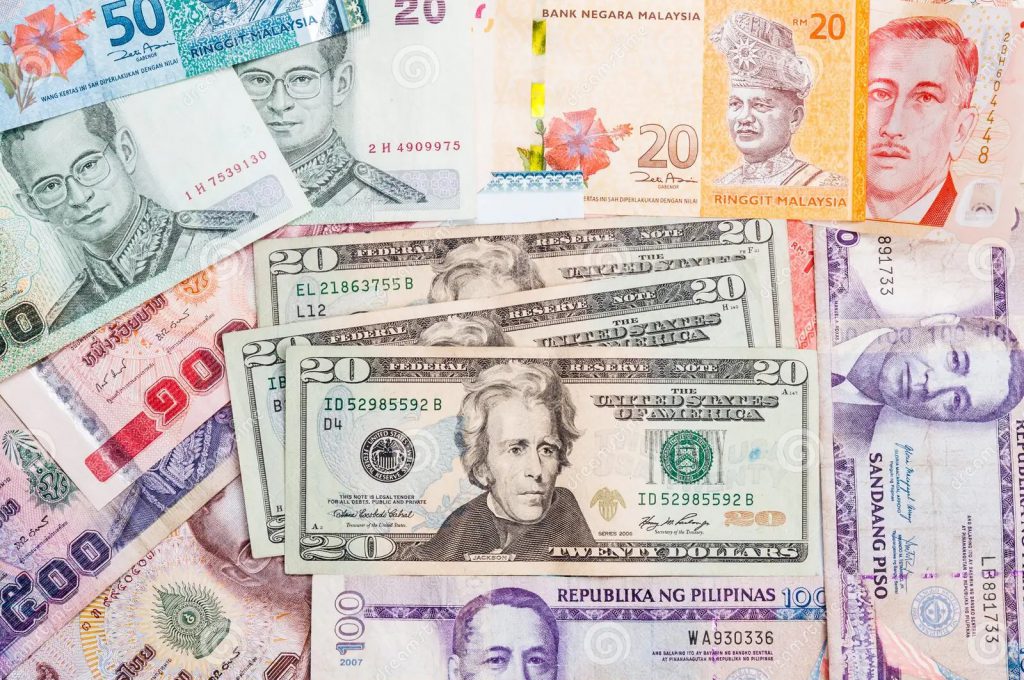Over the last year, state-issued digital assets have become an important talking point. Subseuqnlety, amid BRICS de-dollarization efforts, Russia’s digital Ruble has presented itself as a unique key to eventually ditching the US Dollar on a global basis.
Russia has recently confirmed its work on the digital asset. Indeed, State Duma’s Financial Markets Committee Chairman Anatoly Aksakov has spoken about the country’s focus on cross-border settlement in digital currencies. Additionally, these projects could be crucial in curtailing the greenback’s influence in the coming years.


Also Read: BRICS Begins Creation of New Digital Payment Platform
Russia’s Digital Ruble Could Play a Key Role in Global De-Dollarization
Russia has sought greater financial autonomy since the United States instituted sanctions on Moscow. Moreover, that has come in the form of de-dollarization efforts implemented by the country’s economic alliance. With the age of digital currencies burgeoning, it could have a vital role in those efforts.
The concept of central bank digital currencies (CBDC) has drawn myriad reactions from politicians and citizens alike. However, that does not lessen the amount of work nations are doing on the idea. Among them is the current BRICS chairmanship holder Russia, whose digital ruble could be key to ditching the US dollar on a global scale.
In a recent analysis from the Federal Reserve, Jean Flemmming and Ruth Judson noted digital asset dse-dollarization potential. “Depending on other CBDCs (or foreign currency-denominated stablecoins) design features, there is some potential for the erosion of the dollar’s role as a medium of exchange in a US CBDC is not issued or has unattractive design features,” Flemming and Judson said.


Also Read: BRICS: Russia & China Discussing Yuan Loans
Indeed, the US has clearly expressed concern over the implications of these digital currencies. However, it becomes even more concerning when accounting for America’s view on these assets. Specifically, US Senators have recently authored legislation to ban the creation of a CBDC.
Alternatively, India and China have developed successful digital currencies. Moreover, South Africa is preparing to develop some kind of native stablecoin in 2024. With Russia, the economic alliance could leap ahead of the US in bringing forth financial autonomy in the form of digital currency utilization.
These assets provide increased potential in the cross-border space. Blockchain technology could reach a point where one currency is no longer necessary to financially link global trade. If this is something that the BRICS alliance can uncover, then US dollar reliance will deteriorate much faster. Moreover, a lot of that depends on Russia’s success in its digital ruble development.





